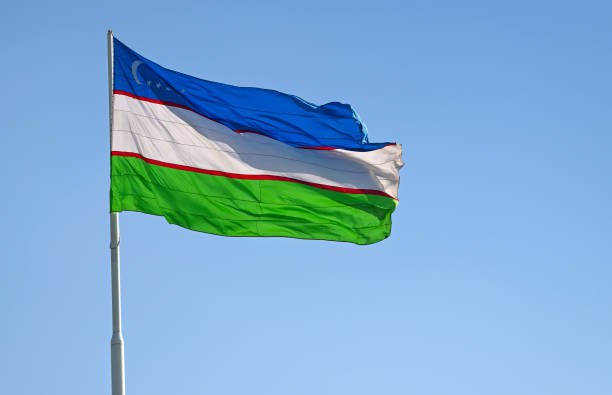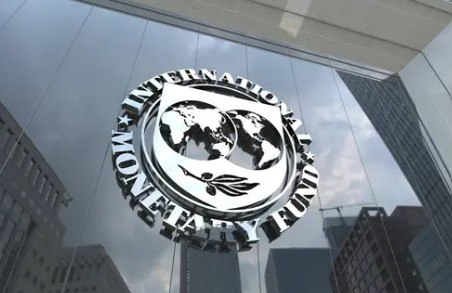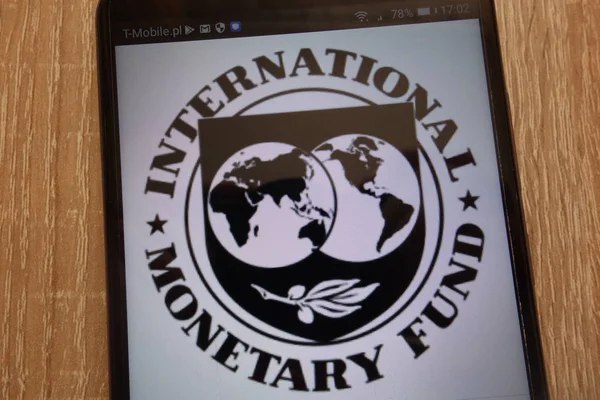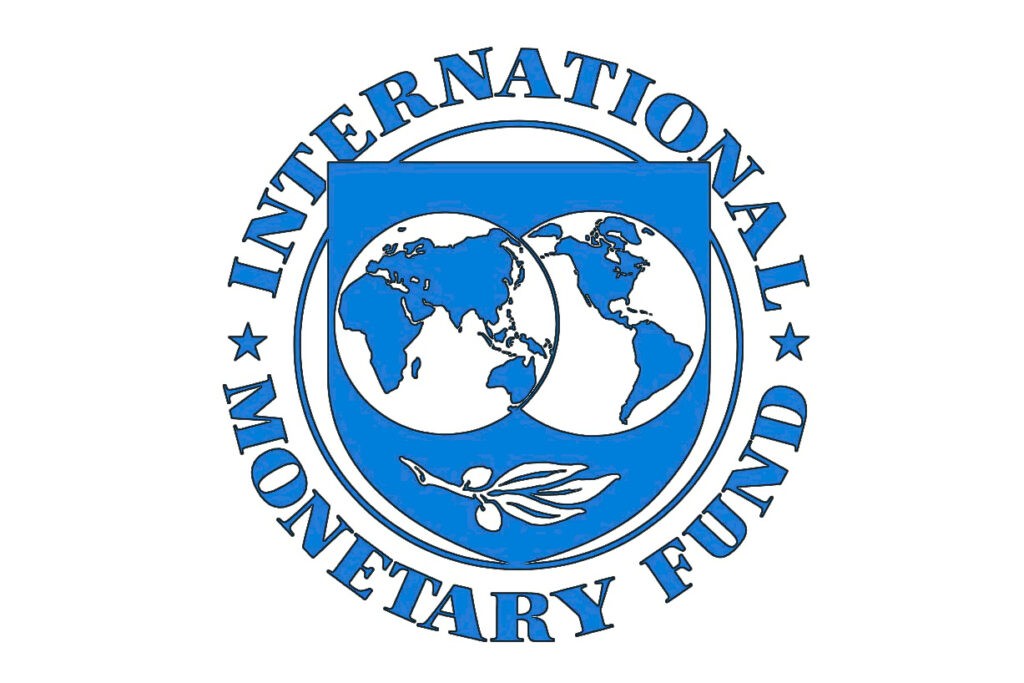IMF: Uzbekistan’s Economy Strong but Reforms Needed to Sustain Momentum
Uzbekistan’s economy remains robust, supported by strong domestic demand, high gold prices, and rising investment, according to the International Monetary Fund (IMF). The assessment was released in an end-of-mission statement following an IMF staff visit to Tashkent from November 17 to 25, led by Yasser Abdih. The IMF reported that real GDP grew by 7.6% year-on-year in the first nine months of 2025, driven by buoyant household consumption and increased investment. Despite sustained demand, inflation has moderated. Headline inflation fell to 7.8% in October, while core inflation eased to 6.6%. This slowdown, the IMF noted, reflects the diminishing impact of last year’s administrative energy price adjustments, a firmer exchange rate, and continued tight monetary policy. Household lending grew rapidly, up 23% in September, though business lending rose more modestly. The external current account deficit narrowed significantly in the first half of 2025, bolstered by high global gold prices, a strong performance in non-gold exports, and steady remittance inflows. International reserves remain “ample,” covering roughly 12 months of projected imports. The IMF forecasts GDP growth to exceed 7% in 2025, tapering to around 6% in 2026. Inflation is expected to gradually decline toward the Central Bank of Uzbekistan’s 5% target by the end of 2027. Overall, the economic outlook is “broadly positive,” with risks described as “largely balanced.” However, the IMF cautioned that stronger-than-expected revenues, particularly from gold exports, could lead to excessive government spending. To avoid overheating the economy, it advised limiting new expenditures, curbing real exchange rate appreciation, and reducing exposure to gold price volatility. The Uzbek government has reaffirmed its commitment to keeping the fiscal deficit below 3% of GDP in both 2025 and 2026. The mission urged authorities to broaden the tax base and raise the tax-to-GDP ratio. It welcomed the government’s planned medium-term revenue strategy and ongoing reforms to reduce the shadow economy and modernize the Tax Committee. Key recommendations include restricting new tax incentives, enhancing audit systems, and publishing annual tax expenditure reports to improve transparency. On monetary policy, the IMF stressed the need to maintain a tight stance to drive inflation down. The Central Bank of Uzbekistan has held its policy rate at 14% since March. The IMF welcomed the country’s move toward greater exchange rate flexibility, introduced in April. The Fund also called for acceleration of financial sector reforms, including phasing out directed and preferential lending programs. It urged the finalization of a comprehensive roadmap to implement the 2025 Financial Sector Assessment Program recommendations. Structural reforms remain critical to sustaining long-term growth. The IMF emphasized the need to continue privatizing and restructuring major state-owned enterprises, improve governance, strengthen market competition, and prepare for World Trade Organization accession, targeted for March 2026. The IMF concluded the mission by thanking Uzbek authorities for their cooperation, noting that the visit will not result in a formal Board discussion. A year earlier, the IMF delivered similarly upbeat projections for Uzbekistan, citing 6.4% GDP growth in the first half of 2024, rising remittances, and solid reserves. However, it...






